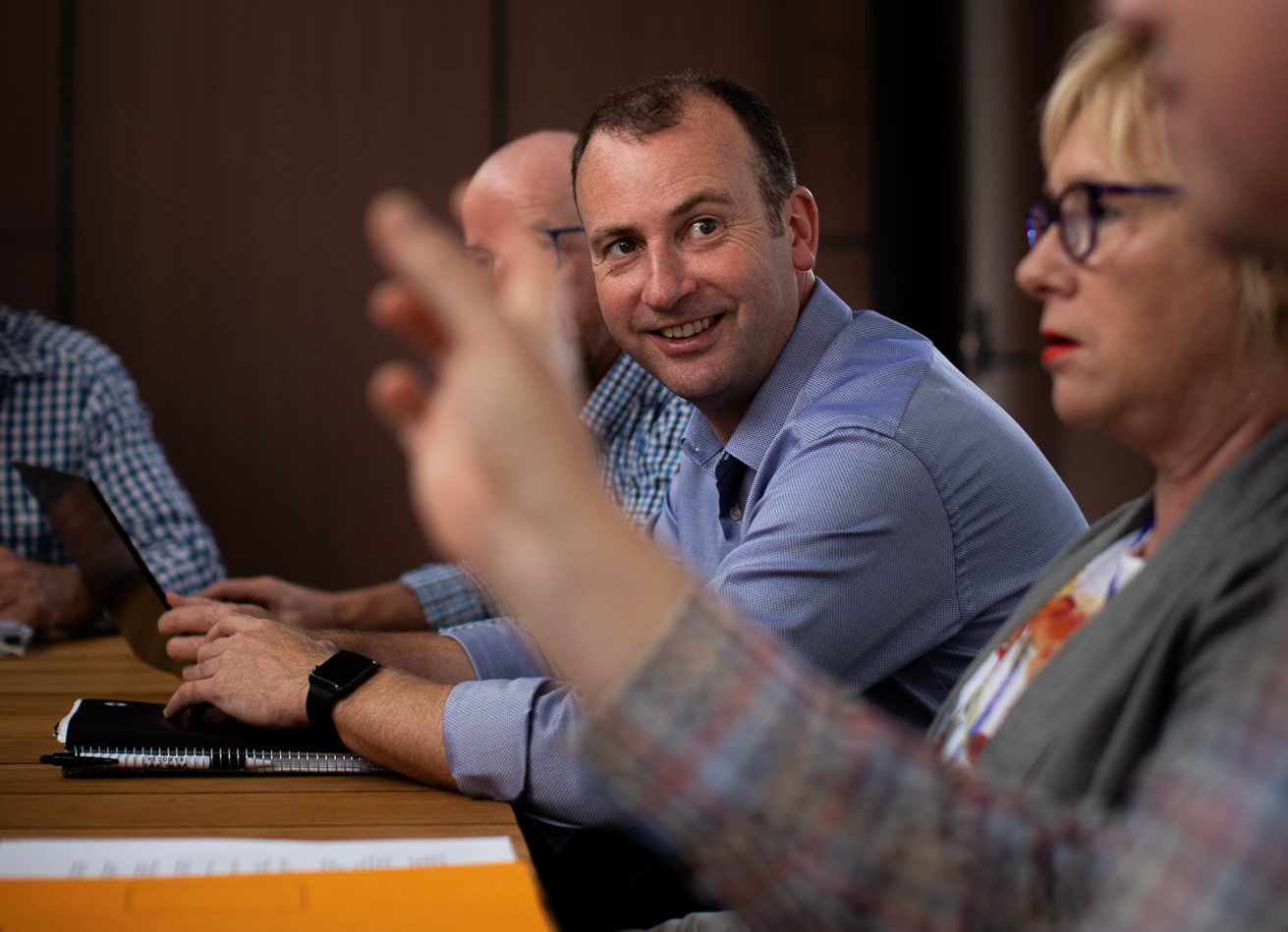
By James March, CEO, Barossa Grape & Wine
Well, what a year to reflect upon – one that will no doubt prove memorable, almost entirely for all of the wrong reasons.
What started with a devastating natural disaster has ended in an equally industry-threatening political one: both a market and, more importantly, a newly-created consumer franchise, misplaced.
In between, we have had crippling global inertia brought about by a pandemic, the economic and health consequences of which will be generational. At a time of our lives when we have never been so interdependently ‘connected’, countries, communities, families and individuals have never been so isolated, dislocated and sequestered.
Let us all hope this is not irretrievable.
I, for one, do not believe it so.
Why? Because beneath the politicking and the power-play there is a genuine, ground-up, popular Chinese sentiment that voted with its feet and backed its own, newly-acquired, preferences: balanced, full, flavoursome wine that speaks of a place, a people and a culture: Barossa. And beyond that, the reappearance of a community focus increasingly fixed on ‘collective need’ rather than ‘individual want’ is both inspiring and galvanising.
I would like to think that this has always been an important feature of our Barossa social landscape.
One of my favourite commercial truths is the observation that: ‘Hope is not a strategy.’ No, indeed it is not – clear objectives, consequential planning and good optics are. These are cornerstones which support all accountable frameworks, but must also be aligned with one other, important, feature: culture.
We will discuss more about our culture later in this address, but for now, let us refer to this as the things that we do instinctively; ‘the things we do without having to be asked’. Curiosity, respect, altruism, creativity and generosity being among the many traits that speak of – and to – our Barossa. All good building blocks and critically important brand behaviours.
So while ‘hope’ is not a reasoned response, I think ‘optimism’ is – it gives rise to unfettered thought and allows ideas beyond mere ‘problem-solving’ alone. Above all, it unlocks the potential of a ‘great imagining’ – the chance to look beyond what is necessary, and, instead, to what is possible, and the chance to realise a new landscape.
I think this is where Barossa – and indeed the whole Australian wine category – should now be investing time, thought, and most importantly, action.
While many of you might rightly claim to have seen this coming – and the growing, collective anxiety around ‘No Plan B’ should not go un-interrogated – few of you could have foreseen the ferocity with which it ultimately arrived. The truly cynical would say we spent AUD53M only to lose AUD1.3B, but other than ill-conceived schadenfreude, this does little to improve our understanding of either the current situation, or the way forward.
The real opportunity is to examine what an ambitious and sustainable Australian wine future might look like, and what behaviours and relationships might be necessary to prompt such a change in outlook and performance.
As a region, we have always been acutely aware of the need to improve continuously, and our strategy-setting process is always under rigorous review and reflection. We have already embarked on the next iteration our strategy horizons. We have mapped-out two bold new directions: one, a movement away from event-driven brand dispensing as our primary mode of promotional engagement, and the challenge to build a ‘direct-to-global-consumer’ digital platform as our defining brand experience. Customer experience and borderless platforms are the great determinants of all future-focused brands, and so Barossa must move with both the times and the opportunity.
We also must also ‘look-up’, and adopt both a higher and a deeper perspective. For long, our narrative has rested on the commissionable product (bottles of wine) as the unique consumer engagement, without necessarily considering the factors that need to be in play to afford us that opportunity. This truncated version of a production narrative is not enough, and it ignores the great mystery plays of history, leadership, meteorology, environment, culture and societal need in favour of the tried and tested (and found wanting…).
Our story must now amplify the changing relationship with our environment, the demands of our resource pool and the very real need to support a bigger version of ‘Brand Wine’ – in terms of new market and consumer creation – with the same enthusiasm that we have hitherto embraced ‘Brand Barossa.’ The future does not belong to any wine category, brand or style solely focused on a path to greater market share, but rather to the wine brand, region or country that can scale and direct a new, total market opportunity.
And so to return to optimism.
The offer of complete security, the offer of absolute certainty, is perhaps really something not worth aiming for – it is a mirage, an illusion that the world never really promises us. We should take the risk, and live our brand ambition with the idea that we do not understand enough, have not yet learnt enough, and may never even know enough, but that collectively we are always operating on the fringes of another – potentially great – harvest of audience, experience and market.
Let’s not come together to dare to dream. Let’s come together to do the work.





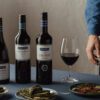


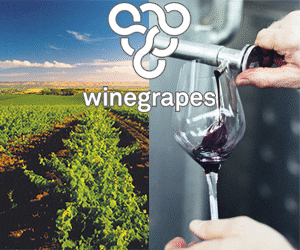
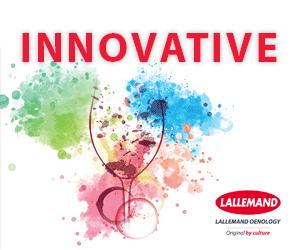
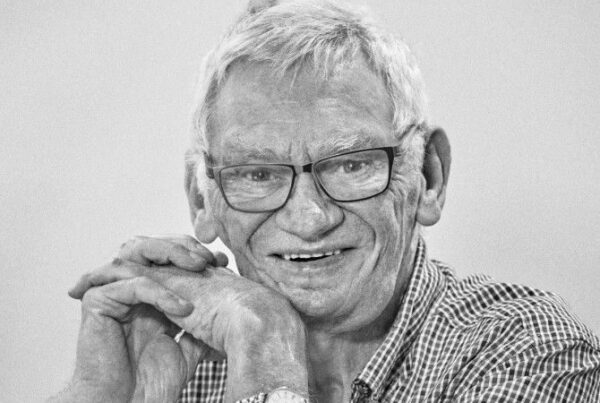
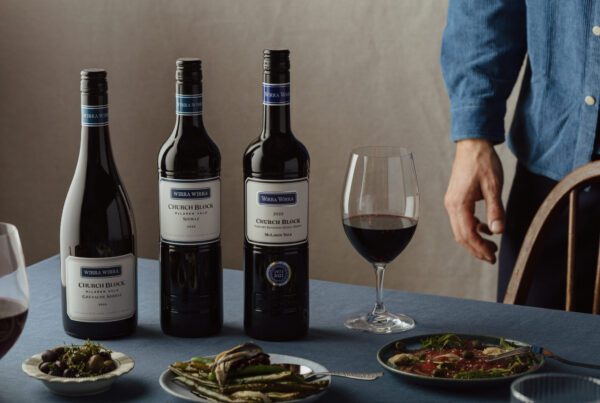

Recent Comments